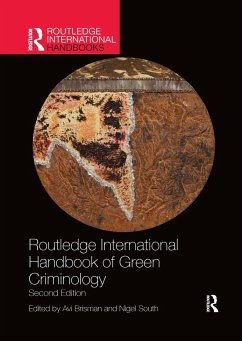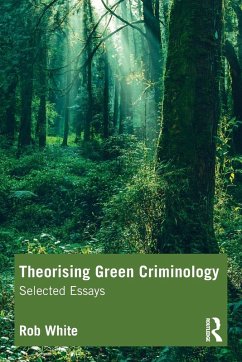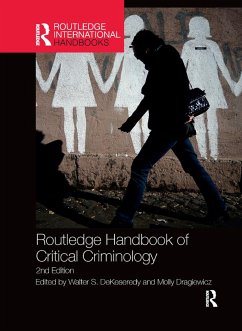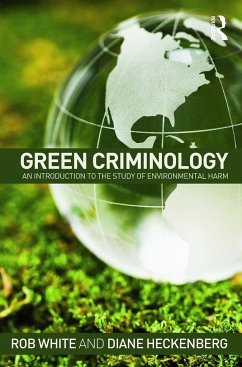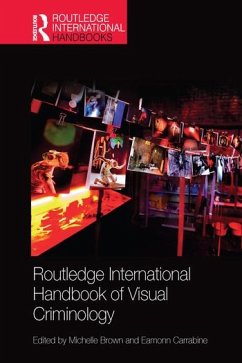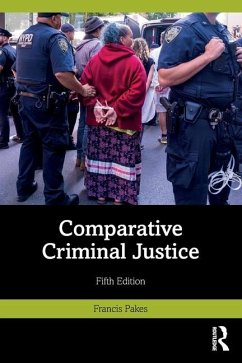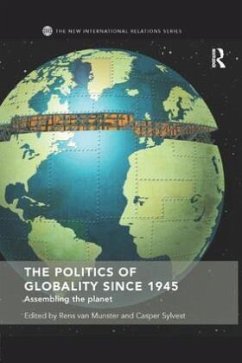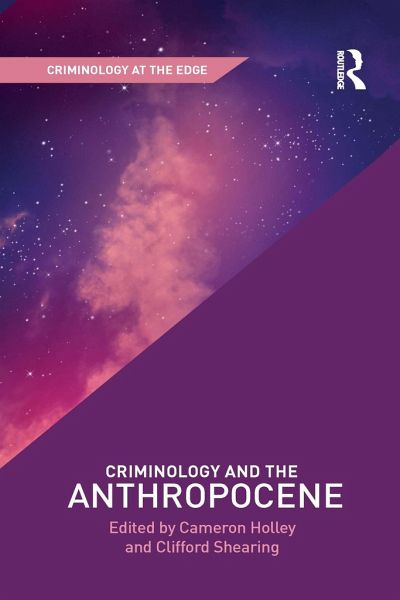
Criminology and the Anthropocene

PAYBACK Punkte
24 °P sammeln!
The Anthropocene signals a new age in Earth's history, a human age, where we are revealed as a powerful force shaping planetary systems. What might criminology be in the Anthropocene? What does the Anthropocene suggest for future theory and practice of criminology? This book seeks to contribute to this research agenda by examining, contrasting and interrogating different vantage points, aspects and thinking within criminology.Bringing together a range of multidisciplinary chapters at the cutting edge of thinking and environmental rethinking in criminology, this book explores a mix of key intra...
The Anthropocene signals a new age in Earth's history, a human age, where we are revealed as a powerful force shaping planetary systems. What might criminology be in the Anthropocene? What does the Anthropocene suggest for future theory and practice of criminology? This book seeks to contribute to this research agenda by examining, contrasting and interrogating different vantage points, aspects and thinking within criminology.
Bringing together a range of multidisciplinary chapters at the cutting edge of thinking and environmental rethinking in criminology, this book explores a mix of key intractable problems of the Anthropocene, including climate change and overexploitation of natural resources that cause environmental insecurities; crime and corruption; related human insecurity and fortressed spaces; and the rise of new risks and social harms.
Of interest to scholars in the fields of criminology, sociology and environmental studies, this book provides readerswith a basis for analysing the challenges of, and possible approaches to, the Anthropocene at all levels (local, national, regional and international) and discusses the future(s) of criminology for improving social policies and practices.
Bringing together a range of multidisciplinary chapters at the cutting edge of thinking and environmental rethinking in criminology, this book explores a mix of key intractable problems of the Anthropocene, including climate change and overexploitation of natural resources that cause environmental insecurities; crime and corruption; related human insecurity and fortressed spaces; and the rise of new risks and social harms.
Of interest to scholars in the fields of criminology, sociology and environmental studies, this book provides readerswith a basis for analysing the challenges of, and possible approaches to, the Anthropocene at all levels (local, national, regional and international) and discusses the future(s) of criminology for improving social policies and practices.





